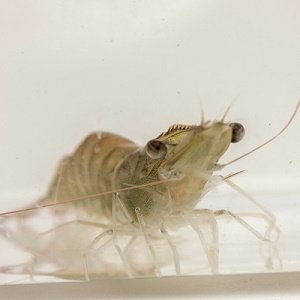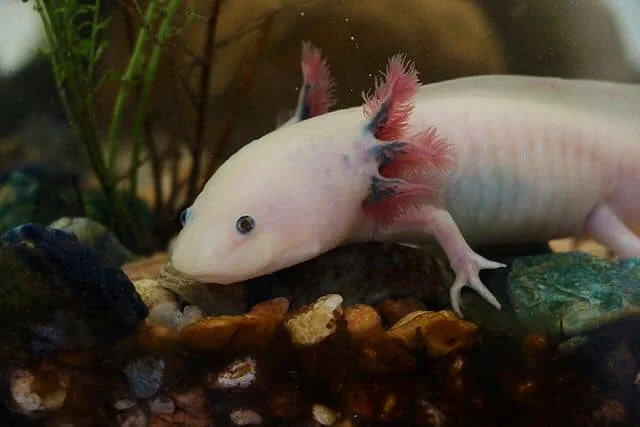Thailand.- This report summarises the proceedings of the 16th meeting of the Advisory Group, held 26-27 August 2017 in Bali, Indonesia.
The group discussed:
– Progress in NACA’s Regional Aquatic Animal Health Programme.
– OIE standards and global issues.
– Listing of diseases in the Quarterly Aquatic Animal Disease Report.
– Regional disease status, including of shrimp, finfish, amphibian and molluscan diseases, and listing of Tilapia Lake Virus (TiLV) in the quarterly disease report system.
– Reports on the aquatic animal health programmes of partner agencies.
– Disease reporting and revision of the Quarterly Aquatic Animal Disease List.
– Developments in antimicrobial resistance.
The Advisory Group meets annually to provide advice to NACA member governments on aquatic animal health management. The group’s role includes reviewing disease trends and emerging threats in the region, identifying developments in global aquatic disease issues and standards, evaluating the Quarterly Aquatic Animal Disease Reporting Programme and providing guidance on regional strategies to improve aquatic animal health management.
Reference (open):
NACA 2017. Sixteenth Meeting of the Asia Regional Advisory Group on Aquatic Animal Health: Report of the Meeting. Published by the Network of Aquaculture Centres in Asia-Pacific, Bangkok, Thailand. https://enaca.org/enclosure.php?id=975
Source: ENACA
Editor at the digital magazine AquaHoy. He holds a degree in Aquaculture Biology from the National University of Santa (UNS) and a Master’s degree in Science and Innovation Management from the Polytechnic University of Valencia, with postgraduate diplomas in Business Innovation and Innovation Management. He possesses extensive experience in the aquaculture and fisheries sector, having led the Fisheries Innovation Unit of the National Program for Innovation in Fisheries and Aquaculture (PNIPA). He has served as a senior consultant in technology watch, an innovation project formulator and advisor, and a lecturer at UNS. He is a member of the Peruvian College of Biologists and was recognized by the World Aquaculture Society (WAS) in 2016 for his contribution to aquaculture.







